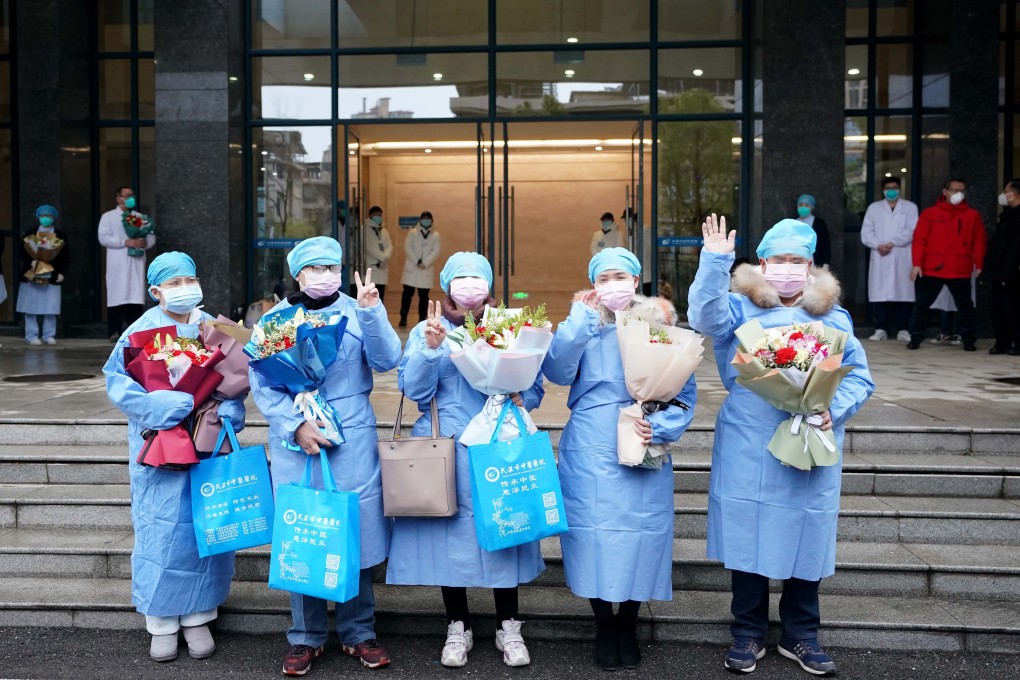Coronavirus: do herbal remedies work, and could they help in the stricken epicentre of Hubei?
- Province was unusual in not giving its patients herbs, and has been ordered to do so after treatment elsewhere in China suggested it may help
- Traditional methods continue to divide opinion and their success is difficult to gauge when used together or in combination with modern drugs

There were two notable ones on February 7 in Liyang, in central China’s Hunan province – the northern neighbour of Hubei, the outbreak’s epicentre. In the next three days, another three were discharged in Hebi in Henan province, bordering Hubei to the south, along with two in Hangzhou, on the coast.
All of these were among the first patients in their cities who had fully recovered from the infection, and, like nearly all other patients outside Hubei, they had received a treatment that combined modern medicine and herbal remedies.
Each province had the right to make its own policy, and Hubei did not routinely treat patients with herbal remedies.
This prompted the Chinese government’s virus response task force in Wuhan, Hubei’s capital, to send an urgent notice last Tuesday to all agencies and hospitals involved in containing the epidemic in the province, giving them 24 hours to ensure herbal tea was made available for all confirmed and suspected patients.
Less than a third of Hubei’s patients had been given herbal medicines, compared with nearly 90 per cent in the rest of the country, according to the notice. “The absence of traditional medicine has already affected the outcome of efforts to save and cure [people],” it said.